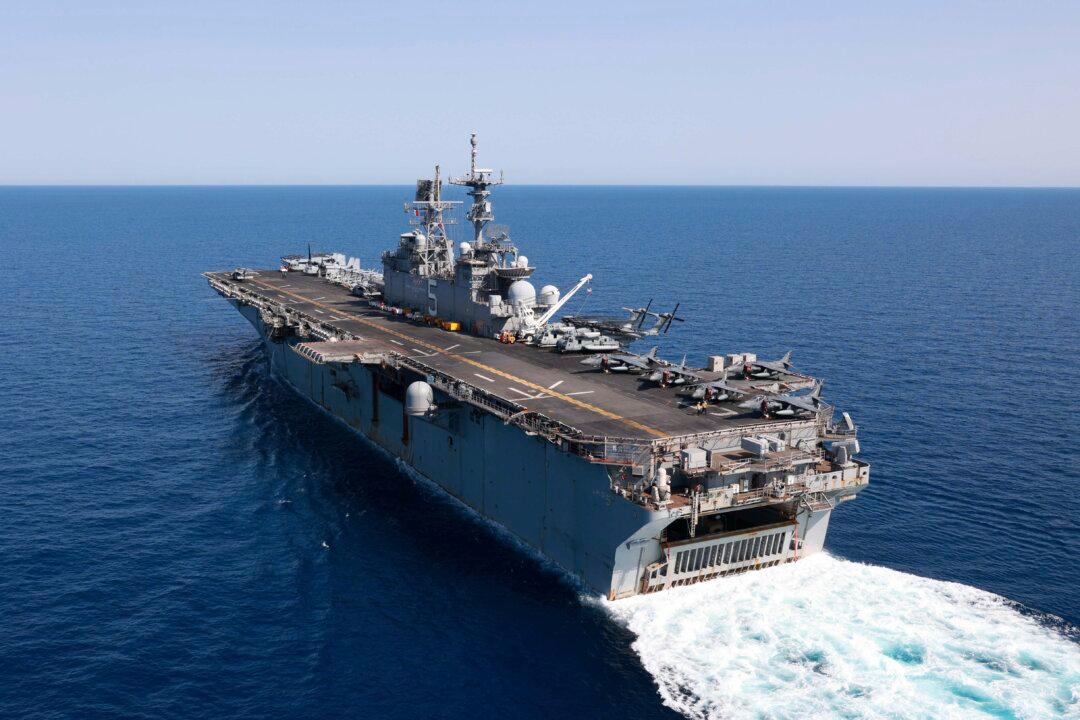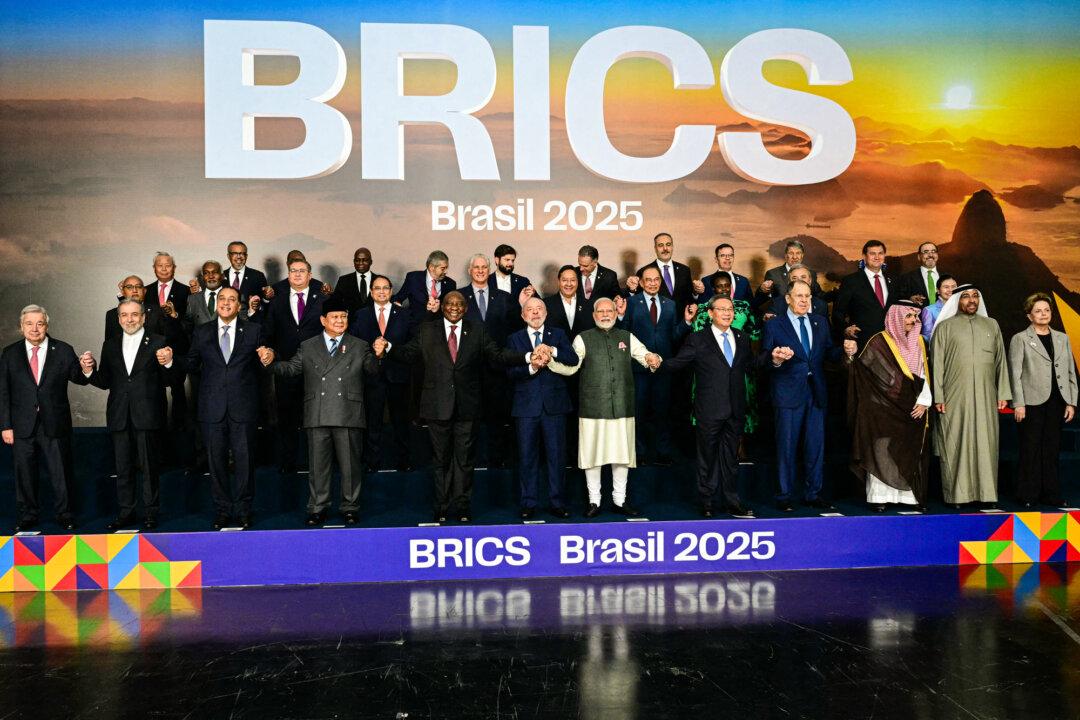Commentary
As the war between Israel and Hamas continues, Iran’s Houthi proxies in Yemen are attacking European merchant ships in the Red Sea with drones and missiles. Damage has been minimal but enough to alter the longstanding notion of free and secure shipping lanes that have been the postwar-era norm. At the same time, Iran has declared its “dominance” over the Red Sea.





